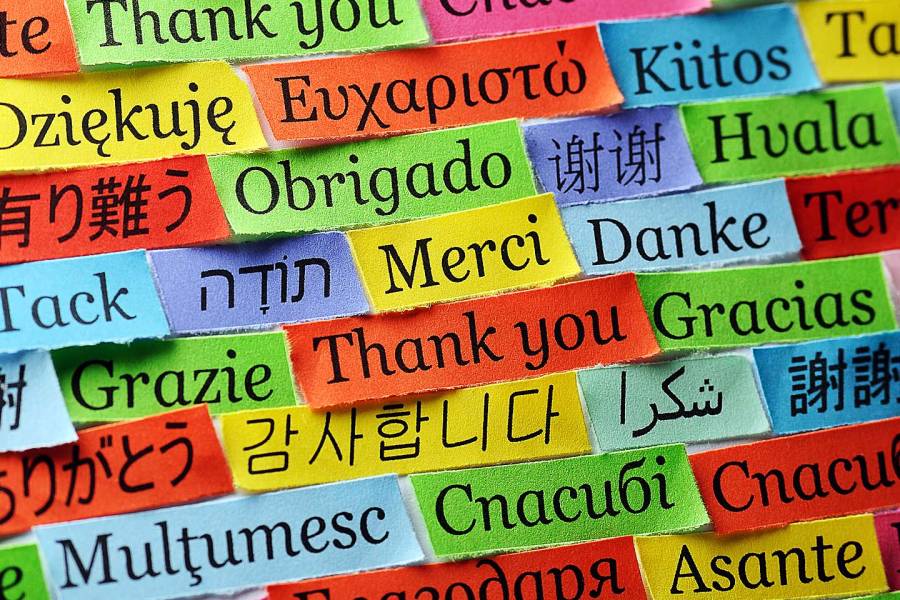This content is provided to Johns Hopkins employees through a partnership between mySupport and Resources for Living.
Does it make you squirm or blush when someone says "thanks" or "great job"? Do you often reply, "Oh, it was nothing" or "Anyone could've done it" or brush off the praise some other way?
Accepting gratitude can feel awkward
Many people have trouble accepting a thank you. They may feel undeserving or self-conscious when someone compliments or acknowledges them. But did you ever consider how "thankers" feel when their gratitude is dismissed? That can be awkward for them, too. They may feel foolish if you dismiss their kind words.
Why is it hard to accept thanks or praise?
Low self-esteem is often the culprit. It gets played out in a few ways:
- If you don't think highly of yourself, you may have a hard time accepting a thank you because you can't believe you've done a good job.
- You may feel pressured. When someone praises something you've done, you may worry you'll never live up to that standard next time.
- You may feel awkward. If you're used to criticism, it can be a surprise when someone gives you a compliment.
Ways to accept appreciation
Here are a few ways to accept gratitude graciously:
- A simple "You're welcome." When someone thanks you, that's the easiest response.
- "You're welcome +." As you get more comfortable, you might say, "Thanks, that means a lot to me" or "Thanks, I put a lot of hard work into it and I'm happy you like it."
- "You're welcome ++." Taking an even bigger step could be something that begins a conversation, such as, "Thanks. What are the parts of it that are most meaningful/important for you?"
Appreciation: Why it matters
Sincere thanks are meant to make everyone feel good—the person who's grateful and the person who's being thanked. Think about saying thank you often in your everyday life. Even a small favor—like having someone open a door for you—deserves recognition. Extending gratitude generously may help you accept gratitude more easily.
Remember, it's a gift whether you're giving or getting the thanks.
Hopkins-specific resources
Sometimes we forget to appreciate ourselves as much as we deserve and need. The conversations we carry on with ourselves inside our heads greatly influence both our attitude and the person others see we are.
For guidance on improving your self-talk or adding gratitude to your day, reach out to these Johns Hopkins well-being resources:
myStrength. Create a myStrength account at mystrength.com using access code JHU. Download the myStrength app from the Apple App store or Google Play. Then log in with the email you used to create the account.
mySupport. Johns Hopkins' employee assistance program, mySupport, is here for you and your household members 24/7, 365 days a year. Call mySupport at 443-997-7000 for free, confidential help and referrals.
Posted in Health+Well-Being
Tagged hr newswire








